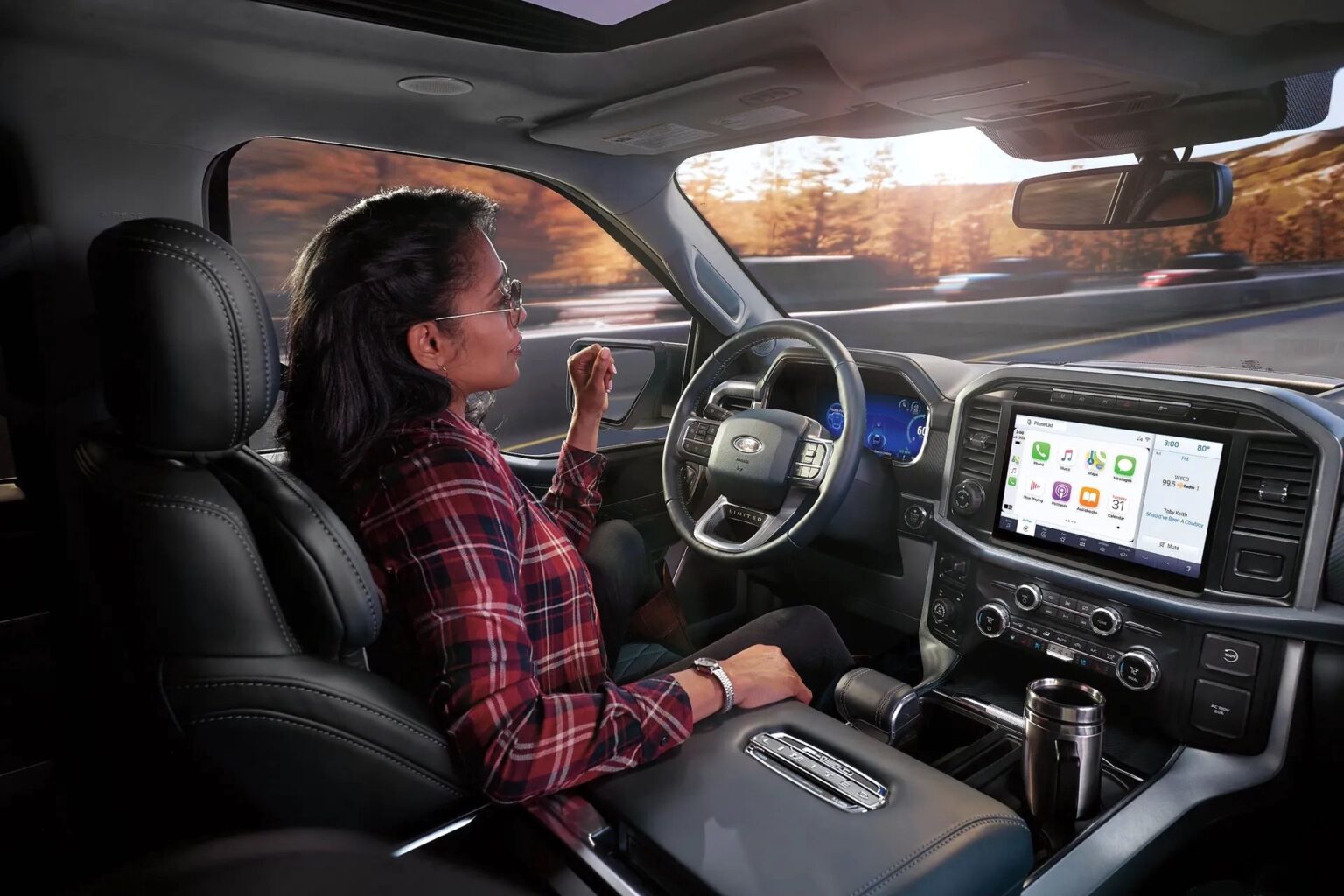Much of the modern auto market features some degree of online connectivity. Manufacturers use these for everything from updates, to GPS navigation and search results, to in-car media streaming. They also use it to charge consumers for some features. Ford charges $49.99 per month for its BlueCruise level 3 autonomous driving software. BMW attempted to charge users for access to heated seats among other paywalled hardware features. It didn’t go well in that case, and a new study shows a majority of consumers aren’t using their car’s connected features.
Buyers Don’t Use Connected Car Features
Smartcar develops platform and app management for connected cars. Its annual report on the state of in-car tech shows that of more than 1,000 drivers in the US and Europe, 75% of them report they have not signed up for an automaker’s connected features in their vehicles. It’s an overwhelming majority of sampled owners, to be sure, and meanwhile, Smartcar predicts around 96% of new vehicles on sale in 2030 will offer some level of connected features (built-in Wi-Fi connectivity and features) in them. Reasons for this lack of adoption vary. Some buyers say they’re unwilling to pay for a subscription, others say they aren’t happy with the features on offer by a given manufacturer, and others said they were simply unaware of the automaker’s connected service offerings.
Buyers Won’t Pay For Features… Unless They Like Them
This isn’t some holistic consumer stand against the monetization of an asset already owned by someone. Instead, the data points to a lack of features. 67% of surveyed drivers said they would pay “more for a subscription to access additional features.” Those who are subscribing are generally happy with the “state of vehicle connectivity” as well. Survey subjects said that cost and value are lacking, and many don’t pay for additional features as a result. 61% said they wanted more features and services for what they do pay, too.
TopSpeed’s Take
This should be a holistic stand against the further monetization of the most expensive thing people own following their homes. Automakers are in the business of making money, and it’s up to the consumer to draw a line. The average price of a new car is kissing $50,000, and wages for many, many Americans are not keeping up. No one should shell out that kind of cash, whether at once, over a lease term, or via a loan (the interest rates for which have also risen), and then have to pay more. To ask consumers to pay for more in-car features, especially if they’re hardware features already in the car, like more power, heated seats, and other functions, is insulting.
Read the full article here


